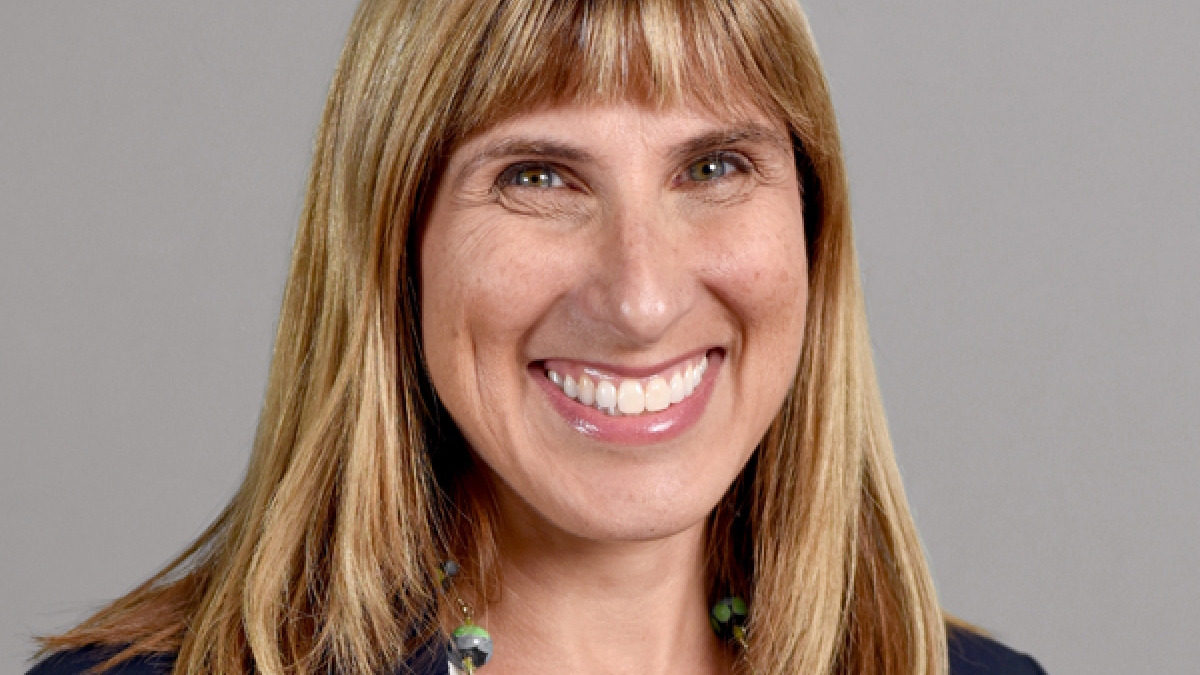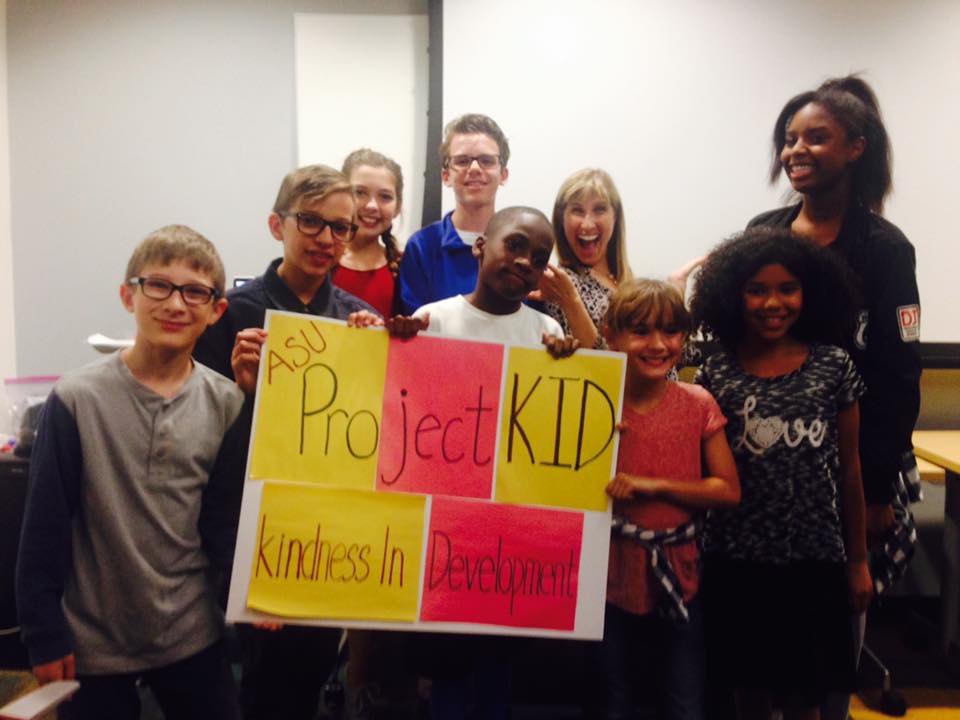A short interview with Tracy Spinrad, PhD, from ASU's Sanford School

Tracy Spinrad, PhD
Meet Tracy Spinrad, PhD, a professor in the T. Denny Sanford School of Social and Family Dynamics.
Question: What research are you currently working on?
Answer: We just completed a project called Project KID (Kindness in Development). This was a project designed
to understand children’s sympathy and kindness toward others. In this study, we were really interested in seeing if children seem to differentiate between recipients of caring behavior. For example, imagine (probably not hard to imagine this!) that you get 10 requests for donations — and you simply can’t give to all 10 requests.
Are they sharing/helpful to all groups or just to groups of children who are more similar to themselves? It’s an interesting question, and truthfully, very few researchers have examined this type of question. We know a lot about general sharing and helping in children, and as you might expect, children tend to be more helpful towards parents, friends, and family members. However, we know almost nothing about when and why children extend helpfulness to those that may be different from themselves (i.e., different gender, different race, different background, etc.).
Q: Which research project was the most challenging and why?
A: The most challenging project was most likely the PEERS project. In this study, Drs. Valiente, Eisenberg, and I studied children’s emotions in school. It was challenging because we were sending undergraduate research assistants all over the Valley to follow the children in the longitudinal study! We started in five schools and ended the project in probably something closer to 80 schools! Every participant is like gold to us, so we do whatever it takes to keep following the same children over time! But it’s challenging for sure! We had to get permission to go to all of those schools — so in addition to dealing with all of the parents, we also had to talk to all of the teachers and principals! We are so lucky that we had an amazing and VERY organized staff for that project!
Q: Which research project was your favorite and why?
A: My favorite project was called TED (Toddlers’ Emotional Development). We started that project many, many, many years ago to study the emotional development of very young children longitudinally. We had our first laboratory visit with the children when they were 18 months and completed the study when the children were in 2nd grade. I loved that project because it is incredible to see the emotional changes in young children during that period when emotion regulation skills are really coming on line. Also, we had such rich data on the families, including obtaining genetic data, observations of the toddlers and a parent, questionnaire data, and even physiological data. I also just love babies and toddlers, so that is another reason I loved that project.

Tracey Spinrad with children from Project Kid.
Q: How has your research contributed to the success of ASU and the education of our students?
A: One of the fun parts of doing research at ASU is getting the opportunity to work with both undergraduate and graduate students. Undergraduate students who work with me on my study are trained to collect the data (so they get to work with the children) as well as to often watch the videos of the children to code their behaviors. When we are collecting data, we can work with anywhere from 10 to 30 undergraduate students! Also, I work closely with graduate students who work with all of our rich data. We work together to write journal articles and come up with ideas about our research findings.
Q: How has your research impacted the lives of people outside of the ASU community?
A: Our work contributes to knowledge about children’s social and emotional development. Once we have science to tell us the predictors of children’s positive social competence, we can begin to develop programs that apply our research to help improve the lives of children and families. The basic research must happen first! We feel very strongly that our work is relevant to the lives of young children and their families.
Q: What impact has your research had on you?
A: I think one thing I’ve learned is that the more you know, the more you really don’t know! My research projects help me to develop new questions and new ideas. I think the most exciting thing about my work is that I get to think about interesting questions that will impact children’s lives — and then figure out the best way to answer those questions. That’s pretty fun!

